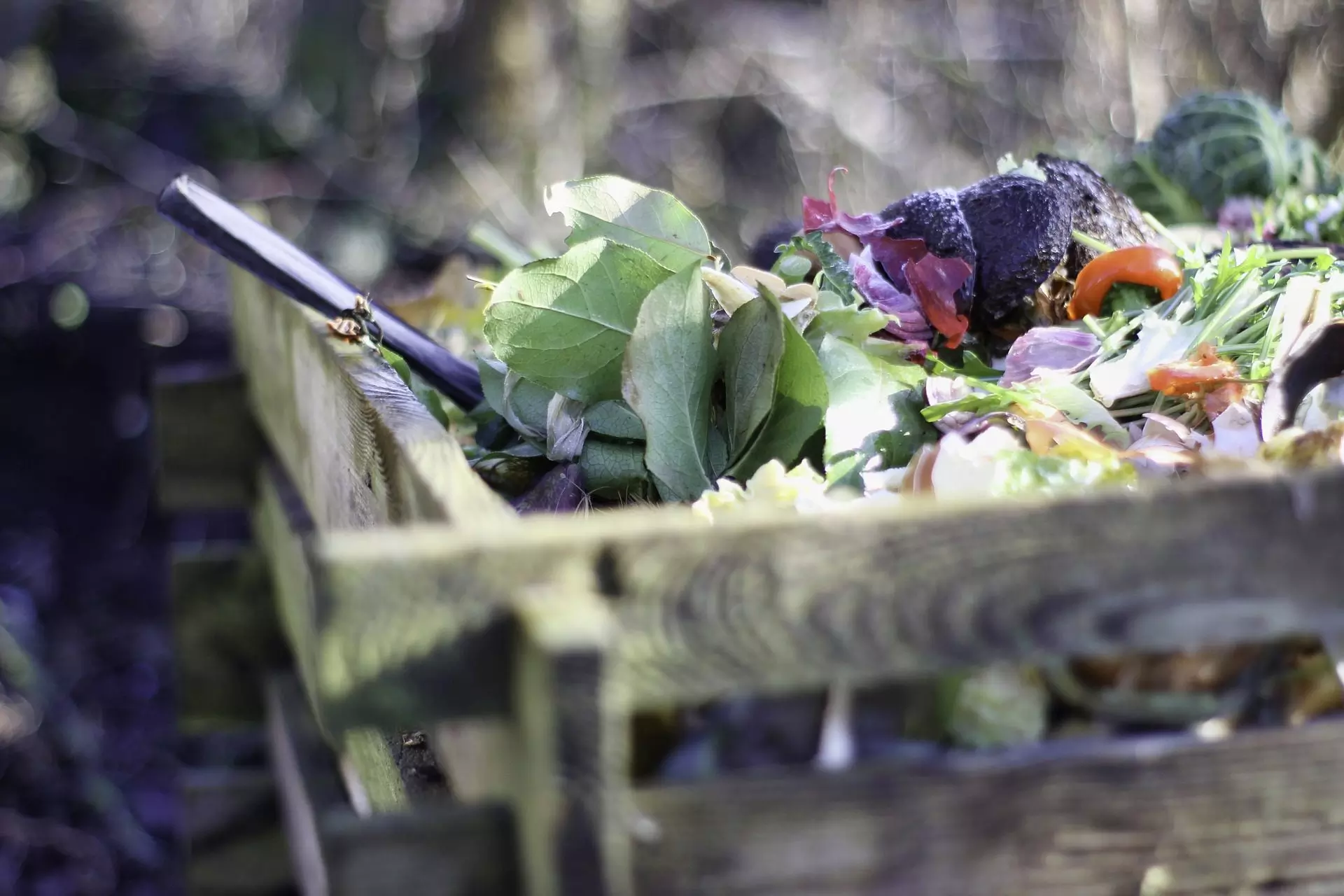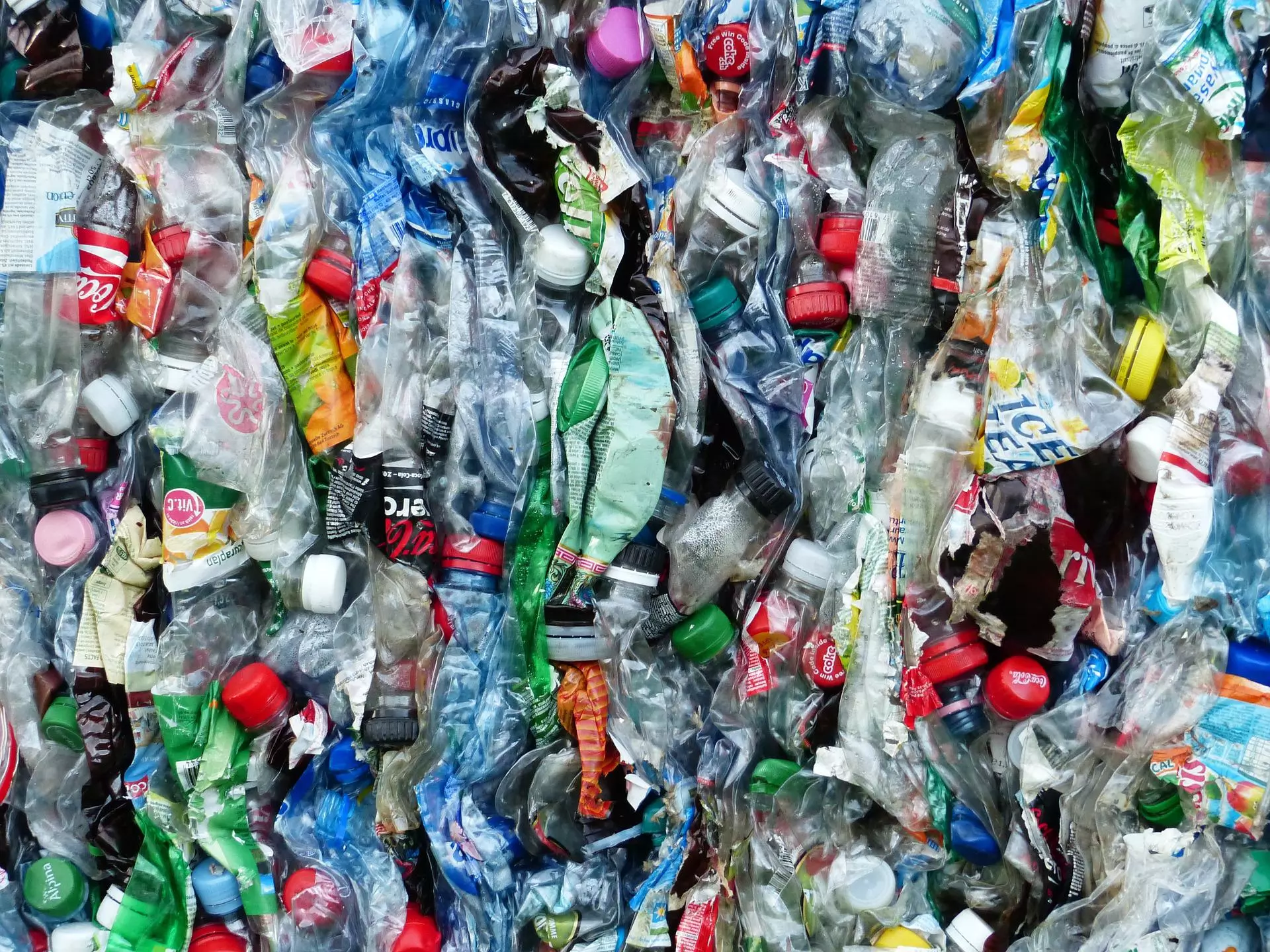What are the types of waste management? This article looks at the types of waste and the types of waste management including prevention, reuse, recycling and energy recovery.
Types of waste management
Waste management methods are a relatively complex issue in the modern day. A whole range of operational practices enables transporting and processing that drastically differ no matter where you are in the world, country, county, or city.
The system itself has numerous faults purely because of overconsumption and our ever-rising carbon emissions due to trying various methods to rid the waste on our planet.
However, many professionals in the industry have strived to dissect these issues raised and find a specific framework that suits and divides the waste management types into a system.
WHAT IS THE PROCESS IN WASTE REMOVAL?
Many different types of waste management systems are split into what we know as the three R's: reduce, reuse and recycle. However, the concept only targets those waste materials that can be reprocessed and therefore reused in various ways, and for certain waste materials, you cannot apply such disposal processes. Over time, we can extend the waste management process or hierarchy to include these factors:
Prevention
Whether you are dealing with extensive wasteful packaging materials in your commercial establishment or kitchen waste when dispatching your orders, you should aim to prevent potential waste generated by assessing your needs, minimising the environmental impact and ordering in bulk.
Reuse
You'll want to conserve and repair as many products as physically possible in your home or workplace by repairing products, repurposing raw materials and selling any unwanted goods.
Recycling
You want to aim to recycle as many recyclable waste products as possible and find ways to incorporate more recyclable materials and organic matter into your home or the complex products you create as a company.
If we recover materials, they provide further purpose in the entire lifecycle.
Energy Recovery
Involves incineration, anaerobic digestion, plasma gasification, and other thermal treatments.
Such is an effective way to wipe unusable products from the earth; however, you must remember that C02 is released as a by-product into our atmosphere through these methods, which is an issue of global warming.
We should aim to reduce carbon emissions as much as possible. You'll want to conserve and repair as many products as physically possible in your home or workplace by repairing products, repurposing raw materials and selling any unwanted goods.
Types of waste
Solid Waste
Recycling generally refers to recovering materials that may be considered waste products or broken items and revitalising them or turning them into new products or energy.
There is a multitude of recycling methods, such as biological reprocessing, energy recovery and physical reprocessing.
The recycling industry is excellent for the environment as it supports sustainability targets and does not support harmful waste strategies like landfills. It helps to reduce the level of uncoverable waste often commonly found in landfills.
Here are various examples of solid waste that you can recycle:
- Paper, cards, mail, newspapers and magazines
- Some plastics
- Aluminium, metal cans and scrap metal
- Food packaging
- Glass and ceramics
- Inkjet cartridges and lead-acid batteries
- Bulbs
One of the most widespread recycling methods is known in the industry as physical reprocessing, which takes any waste materials and utilises them to create brand-new products and items.
For example, you can recycle milk cartons, and professionals can reprocess them into more of the same or a different item.
Organic WastE
It is known that many materials, for example, paper products, food scraps and plants, can naturally decompose into organic matter.
Any organic matter created through this form of recycling method can then later be utilised for agricultural purposes. The method is completed by putting waste items and materials into their specific container until they decompose.

Waste to Energy
Waste to energy recovery is the final method involved in the recycling process. The WTE process involves a thorough conversion of any non-recyclable products and waste items and transforming them into sufficient useable heat, fuel or electricity by various means.
Such types of energy begin to form into an efficient renewable energy source that you or companies can use repeatedly.
General Waste
General waste is regarded as waste that is not clinical, hazardous or unable to be recycled. Private businesses or local authorities usually collect such waste in your city councils; they tend to dispose of this rubbish at landfill sites.
Currently, there are national waste strategies to help drastically reduce the number of general waste materials put into landfills. Yet, more should be done to educate these companies on their schemes to reuse and recycle products.
Many companies are listening and striving to create products that are more sustainable and therefore create less waste to be disposed of in landfills; however, it is up to the manufacturers to take action.
You must dispose of all general waste safely and correctly; be sure to place black bins containing waste into wheeled bins and skips to await their prompt collection. Keep any hazardous wastes far away from your general waste; it is against the law to place them together.
Hazardous Waste
Hazardous waste tends to include a wide variety of rubbish that is either reactive, corrosive, flammable or toxic. Such items can not only harm you if you touch, consume or inhale their properties, but they can also harm the environment detrimentally; therefore, it is vital to dispose of them properly.
Therefore, when disposing of your dangerous products, it's essential to use a reputable waste management company to ensure efficient, safe and proper disposal of your hazardous materials.
The four fundamental ways that waste collection companies dispose of hazardous waste include:
Recycling: You can recycle several forms of hazardous waste to create brand-new products. Lead-acid batteries and circuit boards can be reused and bound to other pollutants to create pavement fillings. Often chemical levels get drastically reduced when dangerous or toxic products are converted into new items.
Incineration and Destruction: Another method of ridding hazardous waste is to incinerate or destroy it completely. Incineration reduces the amount of existing hazardous waste; it can produce and generate energy for future use.
Pyrolysis: Pyrolysis is a great way to eradicate hazardous waste, especially when under inert conditions or at high temperatures.
The process is best used for dealing with pesticides, PCBs and organic waste, and it helps avoid dangers caused by combustion.
Landfills are essentially deep holes dug into the ground used as a disposal facility where waste collectors place rubbish and are covered for landscaping purposes. It's vital to know that landfills and land treatment facilities are different.
Liquid Waste
Liquid waste is more frequently found in various industries and households, including organic liquids, waste detergents, dirty water, wash water, and even rainwater. It's wise to understand that liquid wastes can often be classified as non-point and point source waste.
Ultimately, any manufactured liquid waste is known in the industry as point source waste and those that are natural liquids are known as non-point source waste. When it comes to waste removal, professional waste collectors will often dispose of these types of liquids in different environments.
If you find you have both that require disposing of, you can separate them before collectors arrive.

What are the methods of Waste Disposal in Waste Management?
Landfills
Landfill sites are an unfortunately common form of waste management applicable all over the world. Humans essentially created landfill sites with the primary purpose being to dispose of garbage; they are significant holes dug deep into the ground where manufacturers, companies and individuals dump their rubbish.
The waste is then covered when it is full. Whilst it is a form of waste management that many use, they are not and shouldn't be looked upon lightly, especially in our current climate. Currently, landfills are gradually reaching their maximum capacity, so it is paramount to take action from those at the top of the leading markets and those consumers at the bottom.
We must aim to reduce our waste as much as physically possible and continue or begin to reuse and recycle our waste daily.
One of the most significant challenges we face when using landfills to harness our waste products is that there are plenty of materials that either cannot be broken down or will take hundreds and thousands of years to finally break down.
Sometimes these products will emit harmful chemicals and substances that release into the soil, harming the surrounding environment for several years in the aftermath.
Many waste removal companies that dump waste into landfills are now restricted from collecting any harmful, toxic or gaseous products and substances due to their effects on the soil and the general environment.
Recovery and Recycling
Waste recovery is typically when we convert discarded items and products into energy through numerous forms, such as fuel, heat or electricity.
Recycling is the act of turning essential waste materials into brand-new products, thus, taking away the need to dispose of them in a more wasteful manner and helping save on energy.
Recycling offers numerous benefits; its most effective method allows us to reduce the size of our countries or local landfills successfully.
It makes smart and careful use of waste to reuse it with purpose, to save money and natural resources on energy that would've otherwise been used to get rid of it in landfills and other harmful disposal sites.
Recycling helps us minimise the issues and effects caused by water pollution, greenhouse gases and greenhouse land.
The biggest downfall of recycling is that not all waste products can be recycled, so it's best for companies and households worldwide to continue utilising and manufacturing products composed of sustainable materials.
Incineration
Incineration is another name for combustion, and it can be used as a successful disposal method.
Its technique involves burning various waste products at immensely high temperatures. The advantage of incinerating your waste is that you can help reduce the existing waste by approximately 30%.
Compared to the waste in landfills, incineration decreases a far larger volume of waste. It is often considered the ideal method of disposing of solid waste in a wide range of countries worldwide as it converts rubbish into steam, heat and gas.
However, whilst it is an excellent method of waste management, it is not as environmentally friendly compared to other methods.
Composting
Composting is the idea of taking specific remains from your kitchens, plants and gardens and turning them into rich, nutrient material that you can utilise in compost.
Doing so works by leaving waste to sit in a specific place for many months, and the microbes will allow it to decompose and become compost. You can use compost to provide plants, flowers and grass with the vital nutrients they need to grow.

Plasma Gasification
Plasma gasification or biomass gasification is a relatively new waste disposal method in which organic matter is transformed using plasma torches into synthetic gas.
The method is still in its early stages of development, with one of its most prominent advantages being that it leaves virtually no waste behind. Leaving no waste allows all the energy to be fully used, ultimately better for the environment.
Energy Recovery
Energy recovery is another vital aspect of waste management. It involves taking waste products that cannot be completely recycled and turning them into electricity, heat or fuel.
Such processes allow us to create a sustainable renewable energy source that we can utilise for different products, materials and devices.
Reducing
Such processes work towards reducing waste that we all create through various means. Reducing allows for a successful combined effort that eliminates all need for extreme waste disposal levels and leads to a cleaner and overall more eco-friendly environment.
Get in touch today if you have any waste that needs collecting and disposed of correctly in Maidstone and Kent. Our experience and professionalism can help alleviate any stress or concerns you have concerning wastage.


